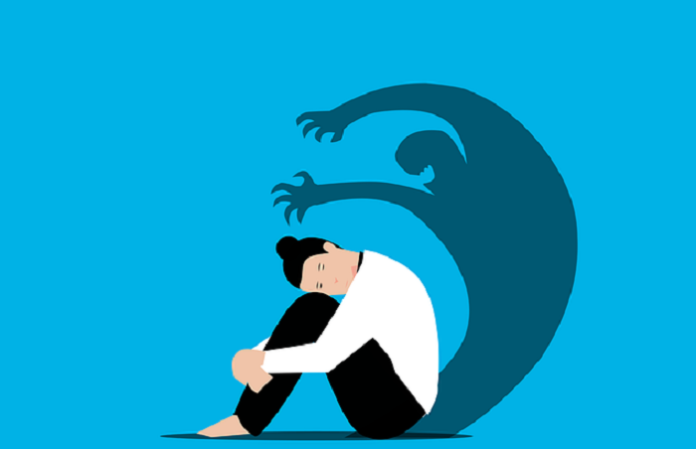Stress is inevitable, and everyone experiences it to some degree. No matter how hard we strive to evade it, it eventually affects us. Note that stress is our body’s natural reply to a perceived danger or threat. Some of the triggering factors include work pressure, financial crisis, relationship issues or health problems. When these pressures overwhelm our bodies, it will eventually lead to hormonal imbalances.
Our body functions such as blood pressure, reproductive cycles, regulating metabolism and sexual functions are aided by proper functioning of hormones. That is why maintaining their harmony is essential to the overall health. Therefore, it is vital to understand and manage your stress effectively to promote hormonal harmony for long-term well-being. This article will explore how to manage hormonal imbalances caused by stress and ways to maintain hormonal harmony.
The Connection Between Stress and Hormone
You must understand how the two link to manage your stress well and ensure hormonal balance. Hormones are the chemical messengers that coordinate the many metabolic processes in the body throughout the day and live within a delicate balance.
When you get stressed, the body releases cortisol and another stress hormone as part of the stress response, also called flight or fight mode. Cortisol is our survival hormone that often precedes other hormones. As the stress increases, the cortisol can undergo abnormal increases, leading to many processes in the body.
During this fight or flight mode, you can experience increased sweating, dilated pupils, a faster heartbeat, and increased sweating. During extreme stress, the body can shut down the reproductive and gastrointestinal systems since the body does not need this during the survival mode. It explains why most people eat little or no food when stressed out.
Stress management is crucial, especially for men since the body will produce less testosterone. Low production of testosterone means that men will experience low libido and sperm production. Effects such as hair loss, shifts in mood, decreased muscle size, lower bone density and weight issues are bound to occur.
Note that every hormone in the body has an optimal level it must reach to sustain a hormonal balance. Hormones such as insulin, thyroid stimulating hormone, and sex hormones may deplete when there is a high increase in cortisol due to extreme stress. This triggers mental and physical health complications.
Cortisol doesn’t harm the body in the short term but prolonged or high-stress levels can lead to other conditions. The great news is that this hormonal imbalance can be addressed by TRT and positive lifestyle changes that can help create harmony within the body. TRT must be administered by a professional since not all bodies react the same or require similar doses. Below are some strategies for managing your stress and promoting hormonal harmony.
Strategies for Managing Stress and Promoting Hormonal Harmony
Recognize and Counter the Signs of Stress
Once you notice that you are experiencing signs such as difficulty in concentrating, cold hands, headaches, nervous stomach, clenched teeth, tight muscles or feeling like you are on the edge, you must understand that your body is stressed. In fact, your body will always communicate to help you handle or notice stressful moments which gives you a que that you need to deal or avoid stress triggers. Learning to recognize, talk, and name them out to a friend is critical. Additionally, you can consider taking action to counter the effects, such as going for a walk, deep breathing, writing down your thoughts, and taking time to relax and reduce tension.
Balanced Nutrition
Another better way to deal with hormonal imbalances and stress is eating a balanced diet rich in lean protein, vegetables, whole foods, and healthy fats. In addition, eating organic aid to lower the consumption of toxins that act as endocrine disruptors and affect the hormone balance. Eating a balanced diet aid in hormone balance. You need foods rich in zinc, vitamin D, iodine, and selenium for the thyroid gland, and to manage your insulin, you need to reduce sugars and carbohydrates.
Regular Exercise
If you are experiencing a stressful situation, consider regular exercise. Regular exercise aid trigger the release of endorphins, natural stress relievers. This also helps reduce cortisol levels, boost self-esteem, and improve mood.
Practice Good Sleep Hygiene
You need to have a good quality sleep for about seven to eight hours daily. Sleep is crucial for detoxification via the glymphatic system and allows your body to the hoovering process, enabling optimal health. If you are deprived of sleep, your cortisol levels will increase significantly, affecting your physical and mental health.
Final Thoughts!
Having a self-care routine that works for you may help you elevate stress when merged with a proper lifestyle change. Ifyou notice that stress is affecting your well-being and you feel you cannot manage the stress on your own then seeing a professional is the best choice you can make for yourself. A professional will help you calm down, give you better options to reduce stress and ensure your hormones are well-balanced for better living. They will assist in providing solutions tailored for you that will ensure your body responds as you overcome stress.

